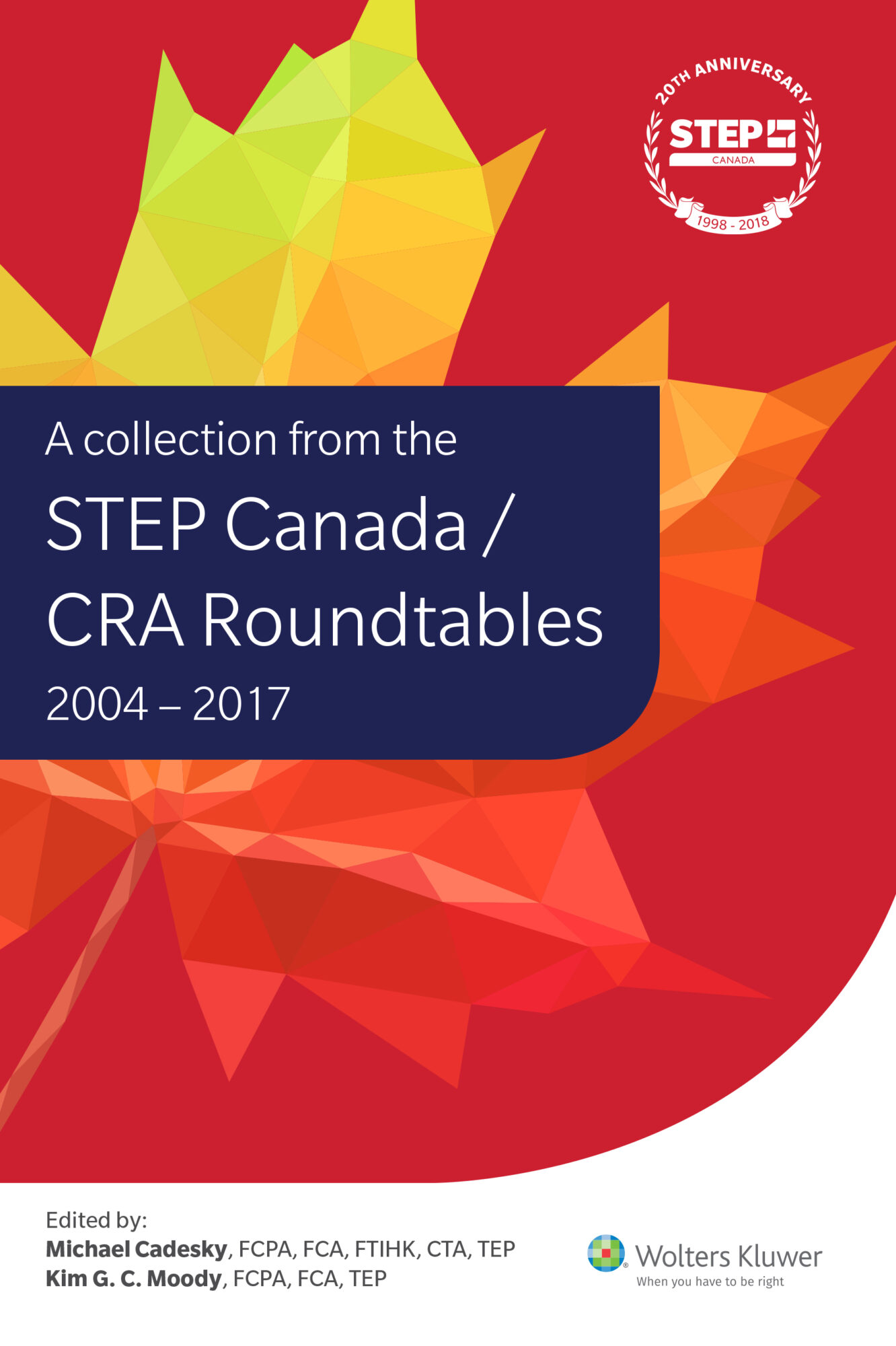Sale of Residential Real Estate
Author: Michael Cadesky, FCPA, FCA, FTIHK, CTA, TEP (EMERITUS). The gain on a sale of residential real…
Taxpayers and Charities Beware: A New AMT is Coming
Alternative Minimum Tax (“AMT”) is a minimum tax imposed on individuals who earn substantial tax preferential income…
Five Reasons You Should Consult a Tax Advisor During the Estate Litigation Process
Author: Peter Weissman, FCPA, FCA, TEP, CEA Estate litigation can be a complex and emotional process, often…
A Matter of Interest
Watch out, the CRA’s prescribed interest rate, if you owe tax, is now 9%. As interest rates…
Update of “Taxation of Trusts and Estates: A Practitioner’s Guide 2023”
Grace Chow FCPA, TEP, a founding partner of Cadesky Tax, has co-authored an updated version of “Taxation…
Grace Chow Wins Best Tax Article of 2022
Grace Chow FCPA, TEP, a founding partner of Cadesky Tax, has won the award for best tax…
Expanded Trust Reporting Rules
As we advised in Tax Tip 20-04 , significant expanded trust reporting rules were announced in the…
Deferral of New Trust Reporting Requirements
Author: Peter Weissman, FCPA, FCA, TEP, CEA Editor: Matthew Cho, CPA, CA, TEP As we advised in Tax…
Caps Off to the BC Supreme Court
Author: Peter Weissman, FCPA, FCA, TEP, CEA Editor: Matthew Cho, CPA, CA, TEP The Disability Tax Credit…
Meeting the April 30 Tax Deadline
As you may know, we have supported a request to the CRA to extend the April 30…
Cadesky Tax Books

STEP CANADA/CRA Roundtables

Trusts and International Tax Treaties
Cadesky Tax Firm Brochure
Experience. Excellence. Delivered.
Subscribe to the Cadesky Tax Newsletter
Free of charge and delivered straight to your inbox.


